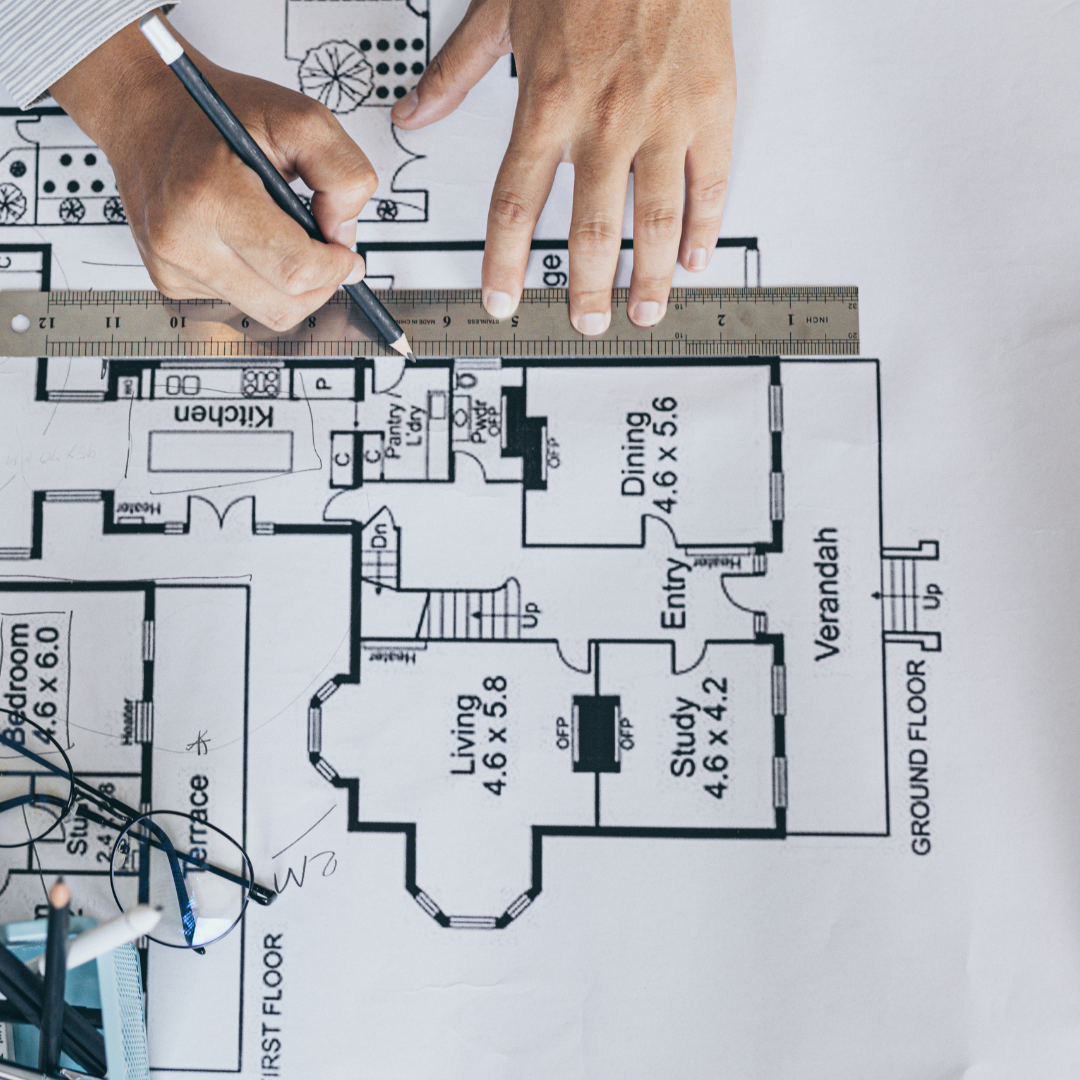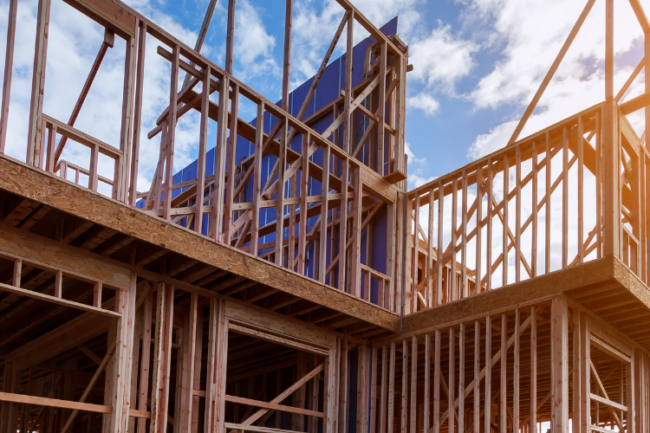Embarking on the journey to build your dream home is an exciting endeavour, but it’s essential to navigate it with careful financial planning. One crucial aspect of this planning is understanding construction loans and how they can help you manage the costs of your project. In this article, we’ll explore the ins and outs of construction loans and provide tips for effectively planning your build around your finances. You can also download our free construction guide here.
Understanding Construction Loans
Construction loans are specialised loans designed to fund the construction of a new home or major renovations on an existing property. Unlike traditional mortgages, where you receive a lump sum upfront, construction loans provide funds in stages, known as drawdowns, as the construction progresses.
These loans typically have a shorter term than traditional mortgages, usually ranging from six months to a few years. During the construction phase, you’ll only pay interest on the amount of money drawn down, rather than the total loan amount. Once construction is complete, the loan can either be converted into a traditional mortgage or paid off in full.
Here are some tips to help you plan your build around your finances:
-
Set a Realistic Budget:
Before diving into any construction plans, it’s crucial to establish a realistic budget. Consider factors such as construction costs, permits, land purchase, design fees, and unexpected expenses. Be honest with yourself about what you can afford and stick to your budget throughout the process.
-
Prioritise Your Needs:
Identify your must-haves versus nice-to-haves for your new home. Focus on prioritising features and amenities that align with your lifestyle and budget. Making trade-offs and compromises where necessary can help you stay within budget without sacrificing your vision entirely.
-
Research and Compare Costs:
Do your homework and research the costs associated with building materials, labour, and other construction expenses in your area. Obtain multiple quotes from different contractors and suppliers to ensure you’re getting the best value for your money. Don’t forget to account for inflation and market fluctuations when planning your budget.
-
Plan for Contingencies:
No matter how well you plan, unexpected expenses can arise during the construction process. Set aside a contingency fund of around 10-20% of your total budget to cover any unforeseen costs or emergencies that may arise. Having this buffer will provide peace of mind and prevent financial strain if issues arise.
-
Optimise Efficiency and Sustainability:
Incorporating energy-efficient and sustainable design features into your home can help reduce long-term operating costs and environmental impact. Explore options such as solar panels, high-efficiency appliances, and eco-friendly building materials that align with your budget and values.
-
Monitor and Track Expenses:
Throughout the construction process, keep a close eye on your expenses and track your spending against your budget. Regularly review your financial status with your builder or project manager to identify any cost overruns or areas where adjustments may be needed.
-
Consider and explore your financing options:
If you’re in the process of building a new home or planning significant renovations, you’ll likely consider financing options like construction loans. These loans are tailored for individuals embarking on construction projects, offering flexibility and financial support throughout each stage of the build. Unlike traditional loans where you receive a lump sum upfront, construction loans allow you to access funds gradually as needed, ensuring you only pay interest on the amount utilised. This strategic approach can result in substantial interest savings over the duration of your project.
By following these financial planning tips, you can ensure that your dream home build stays on track and within budget, allowing you to enjoy your new space without financial stress. If you would like to check your borrowing capacity, start here.
Disclaimer: The content of this article is general in nature and is presented for informative purposes. It is not intended to constitute tax or financial advice, whether general or personal nor is it intended to imply any recommendation or opinion about a financial product. It does not take into consideration your personal situation and may not be relevant to circumstances. Before taking any action, consider your own particular circumstances and seek professional advice. This content is protected by copyright laws and various other intellectual property laws. It is not to be modified, reproduced, or republished without prior written consent. Content developed in partnership with IFPA.
Subscribe to our newsletter to read about ‘All things finance’
At UFinancial, we love talking about finance-related matters. From home loans and refinancing to financial planning, investing, and tax.




